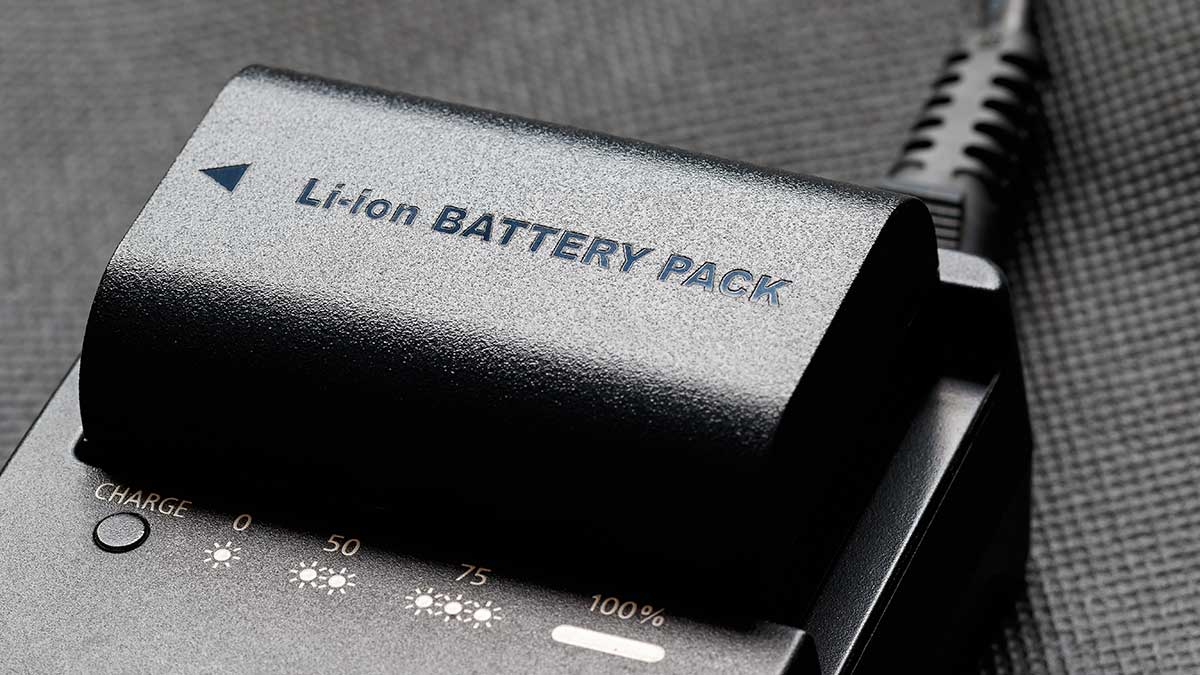Animals, Vol. 15, Pages 2752: The Effect of Lysolecithin Supplementation on Growth Performance, Nutrient Digestibility, Intestinal Morphology, and Lipid Metabolism in Yellow-Feathered Broilers Fed Diets with Different Fat Levels
Animals doi: 10.3390/ani15182752
Authors:
Ying Zhang
Leilei Zhu
Zheng Luo
Jie Feng
This study was conducted to investigate the interaction of dietary fat level and lysolecithin (LL) supplementation on the growth performance, nutrient digestibility, intestinal morphology, intestinal lipase activity, and lipid metabolism in yellow-feathered broilers (YFBs) during day 1–50. A total of 384 one-day-old male broilers were assigned to a 2 × 2 factorial design, including dietary fat level (Normal-fat, NF: 3% lard, day 1–21; 4.5% lard, day 22–50/Low-fat, LF: 2.4% lard, day 1–21; 3.6% lard, day 22–50) and LL supplementation (0% or 0.05%). Each treatment had six replicates with 16 birds each. The trial lasted 50 days from day 1 to day 50. During the starter phase (day 1–21), birds fed the NF diet exhibited significantly greater average daily gain (ADG) and a lower feed conversion ratio (FCR) compared to those fed the LF diet (p < 0.05). Supplementation with LL significantly improved ADG and reduced FCR throughout all phases (day 0–21, day 22–50, and day 0–50) (p < 0.05). At day 21, LL also increased the apparent metabolizable energy (AME) and the digestibility of crude protein and ether extract (p < 0.05). LL supplementation increased the villus height-to-crypt depth (VH:CD) ratio in the small intestine and elevated intestinal lipase activity during the experimental period (p < 0.05). Regarding lipid metabolism, LL supplementation decreased serum total cholesterol (TC) and the LDL:HDL ratio, while increasing liver total lipase (TL) activity at both day 21 and day 50 (p < 0.05). These findings suggest that dietary supplementation with 0.05% LL improves growth performance, enhances nutrient digestibility and intestinal absorptive capacity, and positively modulates lipid metabolism in YFBs.
Source link
Ying Zhang www.mdpi.com



